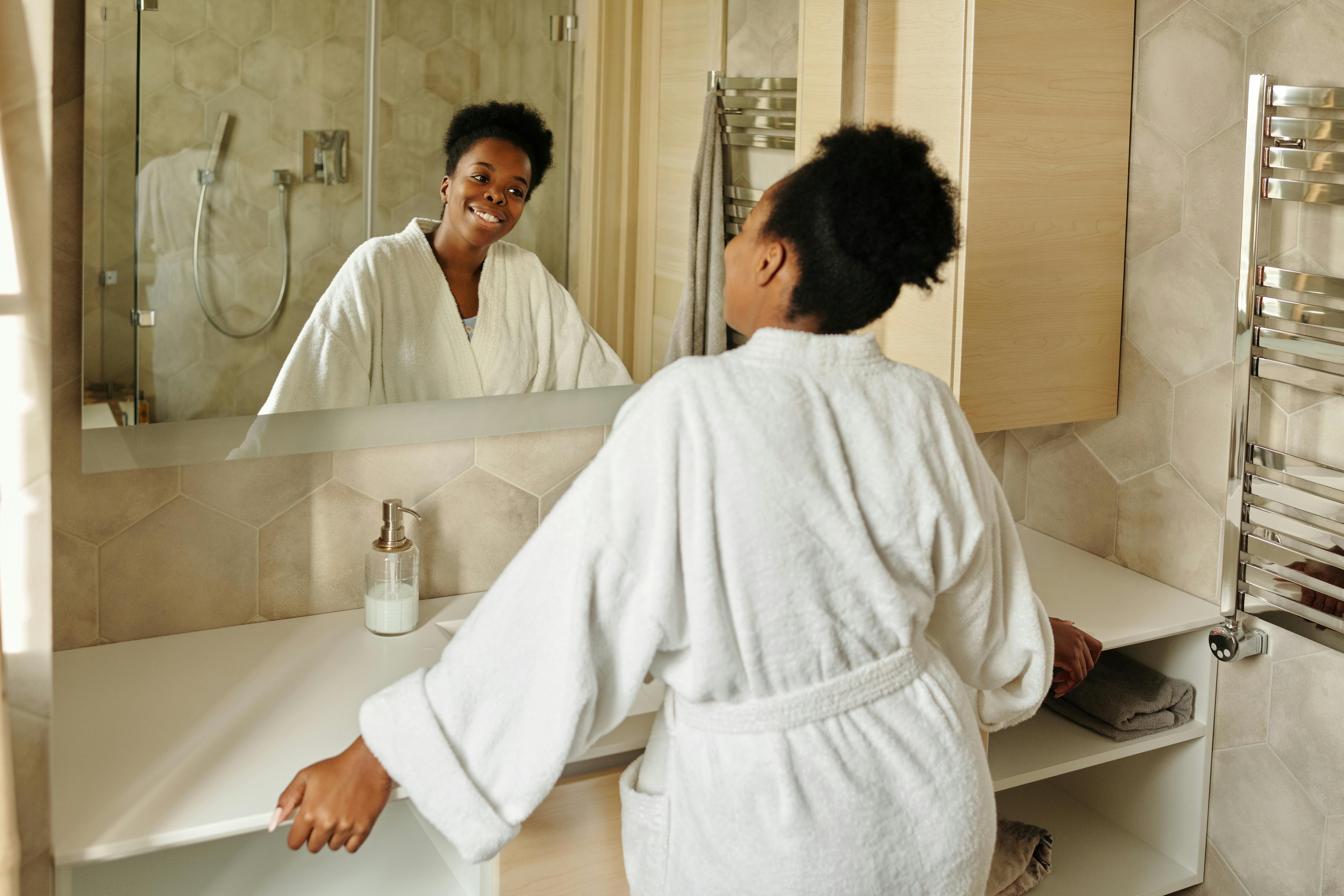Much of your identity has been shaped around a partnership, shared routines, and family roles that may no longer apply. Suddenly, you're faced with presenting yourself to the world as an individual again, often without clear answers to questions like who you are, what you want, or how you want to be seen. Crafting profiles, choosing photos, and writing bios can feel oddly impersonal, like marketing a mysterious version of yourself. It's a vulnerable and sometimes painful but also constructive and ultimately worthwhile experience as you gradually rediscover who you were as an independent person.
This outcome will only be possible if you've healed properly. Twenty years is a long time. You are grieving after a divorce because it marked more than the end of the relationship. You might have left behind a sense of belonging and an entire narrative. Taking the time to heal means establishing a new routine that feels like your own and discovering yourself outside the marriage. There are all kinds of advantages, even becoming the parent you always wanted to be now that you're single again.
What to consider before and once you embrace dating again
There are many changes to go through. When you start dating again, you'll be inclined to do things to be amenable to a new partner and make compromises for them. One of the best things you can do fresh out of a marriage is to give yourself space and time to approach dating slowly.
The first step is choosing a reputable dating app or platform once you've decided to embrace dating after divorce as part of your new lease on life. Then, craft an appealing dating profile. Potential matches are more likely to carefully look through your profile if your first photo shows what you look like from the start. The picture shouldn't be overly zoomed out or too close up. Never include your friends in your main photo. It's a plus if you are smiling in the picture.
Be honest about your beliefs and preferences. Shared values are the basis of many successful relationships. Being honest about your belief systems, your reason for dating, and how you feel about substance-related habits will not only save time but also help you find more compatible matches.
How to go about prompts
Some prompts, like "green flags I look for," are hard to respond to. You might be particular about responding to texts on time and following through with plans. But should you stop there? You might be looking for someone smart, generous, good with money, not overly suspicious of people, and who enjoys good food and adventures. They can be flexible but meticulous when precision counts. They are quick to accept apologies and don't hesitate to apologize when they find themselves in the wrong. Or should you just write, "Likes to read?"
It's preferable not to get too detailed, but all basic information must be available. The best prompts are about you: how you relax, simple pleasures, etc. Generally, "looking for" prompts are perceived as disqualifying. The profile should be about you in your current state. There are prompts about relationship type where you can go into more detail. Don't write out non-negotiables; they should be in the basic information. Use positive language and write mainly about yourself, clearly and concisely.
Avoiding the other extreme is also important. Other users may mistake your exhaustion from an excessive number of prompts for a lack of serious intentions. Low-effort responses to prompts suggest that the person isn't seeking a genuine relationship. If you're looking for a relationship, the profile should give some insight into your personality.
You're not alone
As of 2025, estimates suggest that 41% of first marriages end in divorce, and around 43% of people regret having gotten married. 44% of divorced women and 52% of divorced men remarry within five years of ending their first marriage, and 65% of women start dating within the very first year of being divorced or separated.








